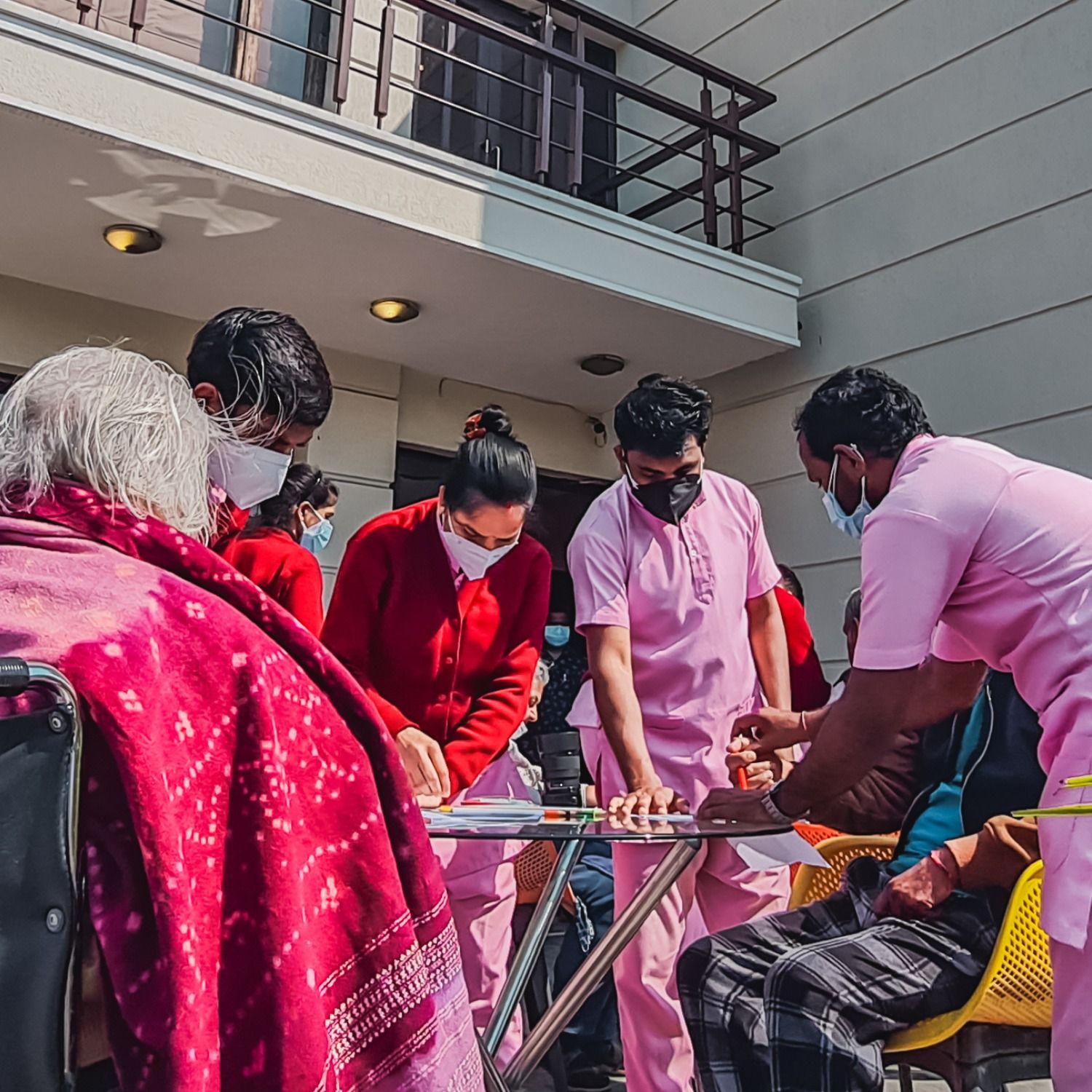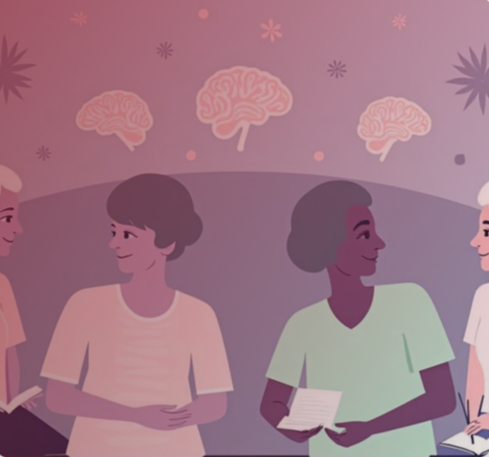Caring for a loved one with Alzheimer's can be an incredibly challenging journey. As their memory fades and their behavior changes, it's important to approach them with empathy and understanding. In this article, we'll explore the power of empathy in providing care for someone with Alzheimer's and how it can make a positive impact on their quality of life.
Understanding Alzheimer's Disease
Alzheimer's disease is a progressive brain disorder that affects memory, thinking, and behavior. It is the most common type of dementia. As the disease progresses, individuals with Alzheimer's may have difficulty remembering recent events, recognizing familiar faces, and performing daily tasks. This can lead to frustration, confusion, and a sense of loss of control.
The Importance of Empathy in Alzheimer's Caregiving
Empathy plays a crucial role in caregiving for someone with Alzheimer's. It allows us to step into their world and understand their thoughts and feelings. By empathizing with our loved ones, we can provide the emotional support they need and create a sense of safety and trust. Empathy helps us connect on a deeper level, fostering a stronger bond and enhancing the overall caregiving experience.
Empathy vs Sympathy in Caregiving
It's important to differentiate between empathy and sympathy when caring for a loved one with Alzheimer's. While sympathy involves feeling sorry for someone's situation, empathy goes beyond that. It involves understanding and sharing their feelings, which can lead to a more meaningful connection. Sympathy can sometimes create a distance between the caregiver and the person with Alzheimer's, whereas empathy bridges that gap and promotes genuine understanding.
How to Develop Empathy for Your Loved One with Alzheimer's
Developing empathy requires active effort and mindfulness. Start by educating yourself about Alzheimer's disease and its effects on cognitive function. This knowledge will help you understand the challenges your loved one is facing and allow you to adjust your expectations accordingly. Additionally, take the time to listen and observe. Pay attention to their non-verbal cues, facial expressions, and body language. This will help you gain insights into their emotions and needs.
Effective Communication Techniques for Alzheimer's Caregivers
Communication can become increasingly challenging as Alzheimer's progresses. It's important to adapt your communication style to meet the needs of your loved ones. Use simple sentences and speak slowly and clearly. Give them time to understand and revert if needed. Maintain eye contact and show genuine interest in what they are saying. Avoid correcting or contradicting them, as this can cause frustration. Instead, validate their feelings and provide reassurance. Remember that non-verbal communication, such as touch ( only if the elder is comfortable ) and facial expressions, can convey understanding and support.
Empathy in Action
Incorporating empathy into small gestures is paramount when creating a safe and supportive environment for individuals with Alzheimer's. It begins with ensuring their living space is not just orderly, but also intimately familiar, aiming to alleviate any confusion or anxiety they may experience. Thoughtful arrangements of furniture facilitate effortless navigation, while labeled drawers and cabinets empower them to find items independently, fostering a sense of autonomy and dignity. By establishing a consistent daily routine, infused with empathy, we provide a comforting predictability that bolsters their security and well-being. Encouraging independence is crucial, yet empathy reminds us to be readily available with gentle assistance when needed, recognizing and respecting their unique journey.
Managing Challenging Behaviors with Empathy
Challenging behaviors, such as agitation, aggression, or wandering, are common in individuals with Alzheimer's. It's important to approach these behaviors with empathy, understanding that they may be a result of frustration or unmet needs. Instead of reacting with frustration or anger, try to identify the underlying cause of the behavior and address it calmly. Redirect their attention to a calming activity or provide reassurance and comfort. Remember to be patient and understanding, as their behavior is a reflection of their illness and not a personal attack.
Self-care for Alzheimer's Caregivers
Taking care of yourself is equally important when caring for a loved one with Alzheimer's. It can be emotionally and physically draining, so make sure to prioritize self-care. Set boundaries and ask for help when needed. Take breaks to recharge and engage in activities that bring you joy. Seek support from friends, family, or support groups, as they can provide understanding and guidance. Remember that by taking care of yourself, you'll be better equipped to provide the care your loved one needs.
Resources and Support for Caregivers
There are numerous resources and support available for caregivers of individuals with Alzheimer's. Reach out to local Alzheimer's associations or organizations for information, support groups, and educational materials. These resources can provide valuable insights, practical tips, and emotional support throughout your caregiving journey. Additionally, consider consulting healthcare professionals who specialize in Alzheimer's care. They can offer guidance tailored to your loved one's specific needs and help you navigate the challenges you may encounter.
Conclusion: The Power of Empathy in Alzheimer's Caregiving
Caring for a loved one with Alzheimer's requires patience, understanding, and empathy. By approaching them with empathy, we can create a supportive environment that promotes emotional well-being and enhances their quality of life. Empathy allows us to connect on a deeper level, understand their needs, and provide the care they deserve. Remember that each person with Alzheimer's is unique, and it's important to adapt your caregiving approach to meet their individual needs. With empathy as our guiding principle, we can make a positive difference in the lives of those we care for.













